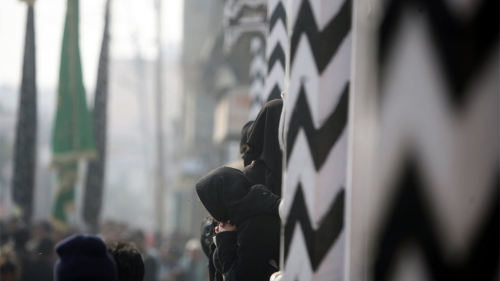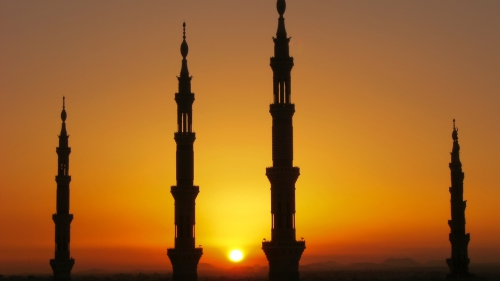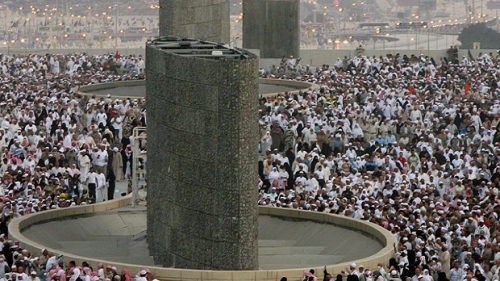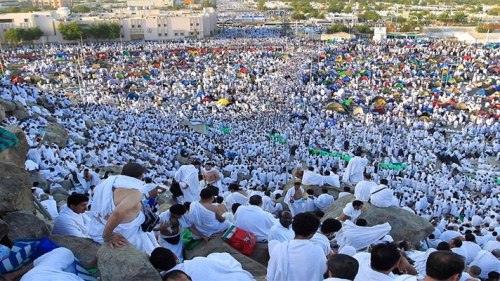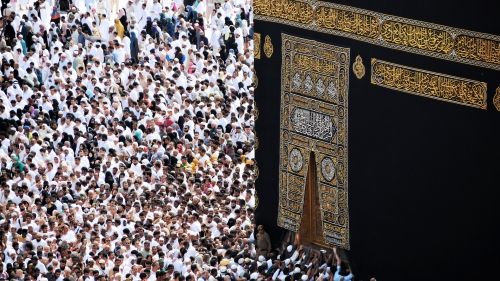Fasting and COVID-19 as God’s Great Test

It took just over a year after COVID-19 emerged to reach a death toll of 2.5 million, but the next 2.5 million deaths occurred in under 8 months, according to Reuters analysis. And the United States reached its latest heartbreaking pandemic milestone of 700,000+ deaths from COVID-19 due to a surge from the delta variant which took only 3½ months to go from 600,000 to 700,000 deaths, driven by its rampant spread through unvaccinated Americans.
In an ordinary year, almost one-third of Americans who die; would die from smoking, overeating and drinking, and physical inactivity. The lack of self-restraint so evident in much of modern life leads us first to pleasure-seeking, and then increasingly to self-induced suffering.
Millions of people spend billions of dollars on pills, diet books, and gym memberships but still lack the self-discipline to control themselves. In America, young people are leading the way in increasing self-indulgence.
We have largely lost the spiritual value of self-restraint that is so important in the Buddhist, Christian, Hindu, Jewish, and Muslim traditions. That self-restraint was practiced every year by voluntary community fasting.
Why should people restrict their culinary pleasures in general and more outrageous, why should we afflict ourselves by fasting? Isn’t being happy the most important thing in life? Isn’t eating one of the most accessible pleasures we have?
All animals eat, but only humans choose to not eat some foods that are both nutritious and tasty. Some people do not eat meat for religious/ethical reasons.
Hindus do not eat beef and Jews and Muslims do not eat pork for religious and spiritual reasons. But the last year and a half was different. How can we understand this tragic time? Buddhists and Hindus can blame the Covid-19 plague on bad Karma, but members of the Abrahamic religions face a greater theological challenge.
The Swiss Muslim Academic Dr. Tariq Ramadan states: “The philosophy of fasting calls upon us to know ourselves, to master ourselves, and to discipline ourselves; the better to free ourselves. To fast is to identify our dependencies, and free ourselves from them.”
The Arabic word for fasting (Sawm) has a two-fold meaning as described in Qur’an and Hadith. The primary meaning of sawm is to hold back, to refrain, to abstain — the deeper mystical meaning is to rise beyond, to move past former limits. The Hebrew word for fasting (Tsom) has a similar double meaning.
In the USA the coronavirus has prompted almost two-thirds of American believers to feel that God is telling humanity to change how it lives according to a poll conducted by the University of Chicago Divinity School and The Associated Press which indicates many people are searching for deeper meaning in the devastating Covid-19 outbreak.
The poll found that 62% of Americans who believe in God feel strongly or somewhat strongly, that the virus is a sign from God telling humanity to change. For example, Jassper Brodin, the boss of Ikea told the BBC "I actually think Covid is teaching us to take the collective human challenges in a more serious and responsible way. Recycling will become ever more important in minimizing the impact consumption has on the planet. Ikea's mattresses in the future cannot be based on virgin material."
As a Rabbi I think the poll should also have asked two more questions about God’s protection. The good news is that 26% of Americans polled say their sense of faith or spirituality has grown stronger as a result of the outbreak. Only 1% say their sense of faith or spirituality has weakened.
All of us are being tested personally as individuals; and as organic members of a nation, a society and even the whole of humanity.
We are tested as individuals as the Qur’an states: “Indeed We shall put you to test; some with fear and hunger, and some with loss of wealth, lives, and offspring. And (Muhammad) convey good tidings to those who are patient, who say, when inflicted by hardship, "Indeed we are of God and to Him shall we return;" upon them is the blessings of Allah and His mercy.” (2:155)
Trust in God is taught by the Qur'an: “Put your trust in Allah. Allah loves those that trust [in Him].” (Qur'an 3:159) Notice that the actual text does not end (to Him). If we take the text literally, it states “Allah loves those who trust.” which means believers themselves should learn to persevere; and never abandon optimism and hope in the future.
'And give good news to those who persevere, those who say, when a misfortune strikes them, Surely to Allah we belong, and surely to Him we will return, these are the ones on whom blessings from their Lord descend, and mercy, and these are the ones who are rightly guided'. (Quran 2: 155-157)
And the Hebrew Bible states: “Even though I walk through the valley of the shadow of death, I will fear no evil, for you are with me; your rod and your staff, they comfort me.” (Psalm 23:4)
And we are tested as nation, community or a society as God states: “So that I may test them, whether they will follow My law or not” (Torah Exodus 16:4) and "Remember the entire path along which the Lord your God led you these forty years in the desert, He sent hardships to test you." (Torah Deuteronomy 8:2).
“Or do you think that you will enter Paradise before Allah tests those of you who fought and (also) tests those who are patient [believers who sufferer]? (Qur’an 3:142). So people who believe that God’s tests help those of us who live through the challenges to become stronger. Religious people should always remember that anxious atheists and unbelievers die a hundred deaths; while faith-filled believers die only once.
And this was what Prophet Moses meant in the poem/song he wrote that was included in the Zabur of Prophet David (Psalm 90) “You are God. You return man to destruction, saying, "Return, O children of men." For a thousand years in Your sight are like yesterday when it is past, and like a watch in the night. You sweep them away—asleep are they: In the morning they are like grass which grows up. In the morning it flourishes and grows up; In the evening it is cut down and withers.” (90:3-6)…
“So teach us to number our days, That we may gain a heart of wisdom. Return, O Lord! How long (must we suffer)? Have compassion on Your servants. Oh, satisfy us early with Your mercy, That we may rejoice and be glad all our days! Make us glad according to the days in which You have afflicted us, the years in which we saw evil. Let Your work appear to Your servants, and Your glory to their children. And let the beauty of the Lord our God be upon us, and establish the work of our hands for us; Yes, establish the work of our hands. (90:12-17).
This Psalm of Moses teaches us that if the glass (and our lives) is half full or half empty depends not on the glass or its contents; but on our religious perspectives.
Topics: Coronavirus, Fasting (Sawm), Humanity, Interfaith, Nature And Environment, Pandemic, Tawakkul (Trust In God) Values: Freedom, Hope, Patience, Spirituality
Views: 881
Related Suggestions








